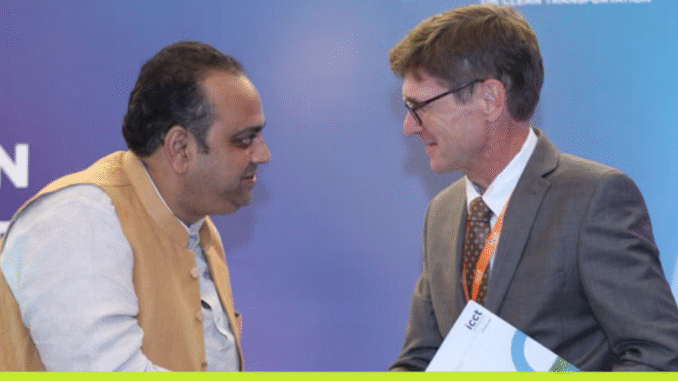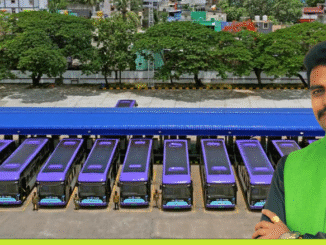
The India Clean Transportation Summit 2025 witnessed the unveiling of a pioneering joint initiative between Delhi and Oslo aimed at accelerating electric mobility and sustainable city transport. This bold partnership promises to transform how India’s capital addresses pollution, congestion, and urban mobility while learning from Norway’s global leadership in EV adoption.
Ambitious Electric Bus Fleet Expansion
- Delhi has grown its electric bus fleet from just 400 to 3,400 in a single year and aims to reach 6,000 by the end of 2025 and 8,000 by February 2026.
- This move is key to reducing carbon emissions and improving public transport quality for millions of residents.
- The rollout includes the popular “Devi” buses, which are improving last-mile connectivity across the city.
EV Policy 2.0: Charging Infrastructure & Incentives
- Delhi’s upcoming EV Policy 2.0, slated for launch by February 2026, focuses heavily on developing charging points in housing societies, under flyovers, and on vacant land.
- The city will collaborate with Resident Welfare Associations and leverage public-private partnerships for efficient rollout.
- The policy also promises vehicle scrappage schemes, rationalized road tax, and incentives to promote private electric vehicle adoption.
Learning from Oslo: Global Expertise Meets Local Action
- The “Delhi-Oslo Smart Transport Initiative”—also dubbed ‘DOSTI’ (friendship)—seeks to draw on Oslo’s experience expanding EV infrastructure in housing cooperatives and public spaces.
- Norway’s early push for widespread charging helped make adoption convenient for residents, a lesson Delhi aims to replicate for India’s urban landscape.
- Oslo experts will guide Delhi on policy frameworks, legal mandates, and best practices for mass electrification.
Multi-Modal Electrification: Two- and Three-Wheelers Next
- After scaling up e-buses, Delhi’s focus will shift to electrifying two- and three-wheelers, which represent the bulk of city traffic and pollution.
- This effort, combined with learning from Oslo’s success, targets a holistic reduction in emissions and establishes Delhi as a national model for smart, clean cities.
Setting a National Benchmark
Delhi’s transformation, fueled by collaboration with Oslo, is set to serve as a blueprint for cities aspiring to clean, sustainable mobility. With aggressive targets and robust policies, Delhi is on track to become India’s EV capital and inspire rapid nationwide change in urban e-mobility.






